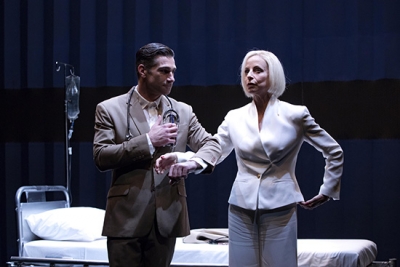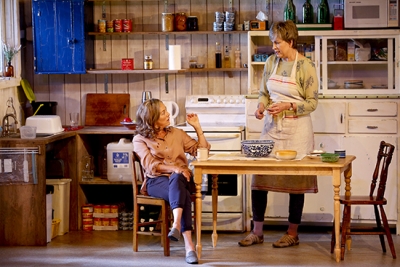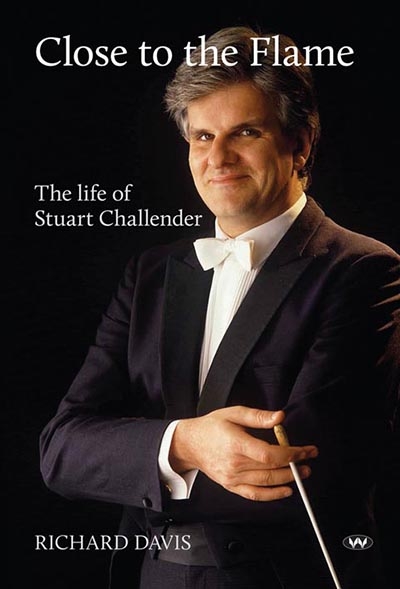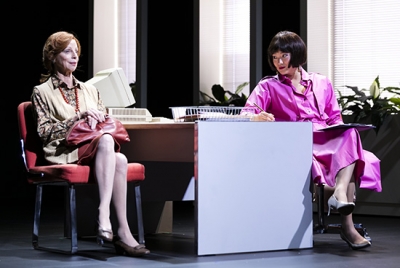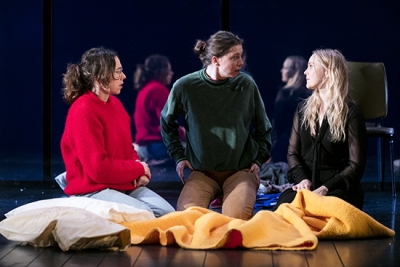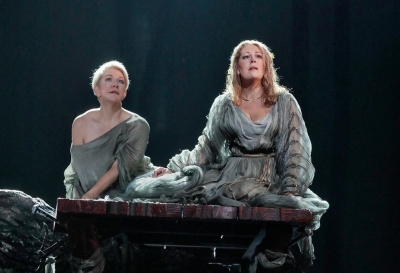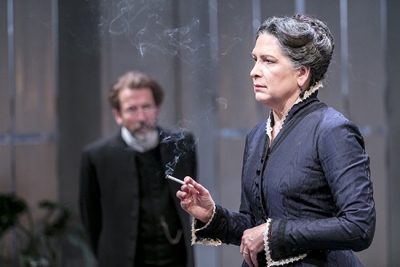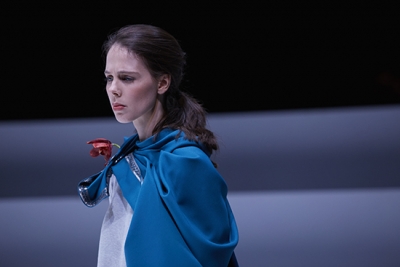Ian Dickson

Ian Dickson has degrees in drama from Yale and the University of New South Wales, and is the co-author of the musical Better Known As Bee.
After the vast proportions of her 2013 play, Chimerica (seen here in 2017) – a multi-scene, huge-cast exploration of American–Chinese relations – Lucy Kirkwood’s The Children – a one-set, three-character play – might seem like something of a chamber piece. But if it is physically small in scale, thematically it is even more challenging.
It takes place in a dilapidated cottage on the c ... (read more)
The Resistible Rise of Arturo Ui was the final play written in the extraordinarily prolific period of Bertolt Brecht’s Scandinavian exile (1933–41), a period that, among other works, produced the first version of Galileo, The Good Person of Szechwan, Mother Courage, and Herr Puntila and His Man Matti.
Ui was tossed off in a matter of three weeks in Finland as the Nazis conquered Europe and B ... (read more)
Richard Davis is admirably determined that major Australian musical artists whose careers were attenuated by illness should not fade into oblivion. In Wotan’s Daughter (2012), he chronicled the career of Marjorie Lawrence, afflicted by polio just as she had become one of the world’s leading dramatic sopranos. Now, in Close to the Flame, he has given us a biography of Stuart Challender (1947– ... (read more)
As Van Badham points out in her program essay for the new Sydney Theatre Company production of Caryl Churchill’s Top Girls, when the play was first performed in 1982, Maggie Thatcher had been the British prime minister for three years. The first wave of British feminism in the 1970s had identified the patriarchal structure of society and was debating the ways in which it could be deconstructed. ... (read more)
After decades of English-language Chekhov productions following in the footsteps of Stanislavsky and Komisarjevsky in which historically accurately costumed actors wandered around a stage awash with gloom and torpor declaiming Constance Garnett’s constipated translations, directors finally discovered that the plays were strong enough to be removed from their original place and period. Janet Suzm ... (read more)
Vincenzo Bellini’s Norma elicits the ultimate rose-tinted nostalgia in ageing opera aficionados. Operagoers of my generation wax lyrical about Joan Sutherland and Montserrat Caballé in their prime, while making disparaging remarks about present singers. We in turn were bored by ancients who admitted that La Callas wasn’t too bad but advised us that we should have heard Rosa Ponselle or Lilli ... (read more)
‘But I almost believe we’re all ghosts. Every one of us. Everything we do has already happened, everything that has happened is already in us. It all returns. Not just what we inherited from our parents. Everything. Dead ideas. Dead beliefs. Dead customs. Lodged in us. We cannot be free of them.’
When this production of Henrik Ibsen’s most controversial play was programmed, no one could h ... (read more)
‘Great wits to madness sure are near allied,And thin partitions do their bounds divide.’
For no one were Dryden’s partitions thinner than for Robert Lowell, as Kay Redfield Jamison’s exploration of the links between his work and the manic depressive illness which dogged him for most of his life makes clear. Previous biographers have, with varying degrees of compassion and opprobrium, chro ... (read more)
The Rape of Lucretia is the most problematic of Benjamin Britten’s operas. Recent productions of Gloriana, the opera Britten wrote to celebrate Queen Elizabeth’s coronation, have proved that its notoriously unsuccessful première in 1953 had more to do with an uncomprehending audience than with the piece itself. But the problems with Lucretia (first performed on 12 July 1946, at Glyndebourne) ... (read more)

